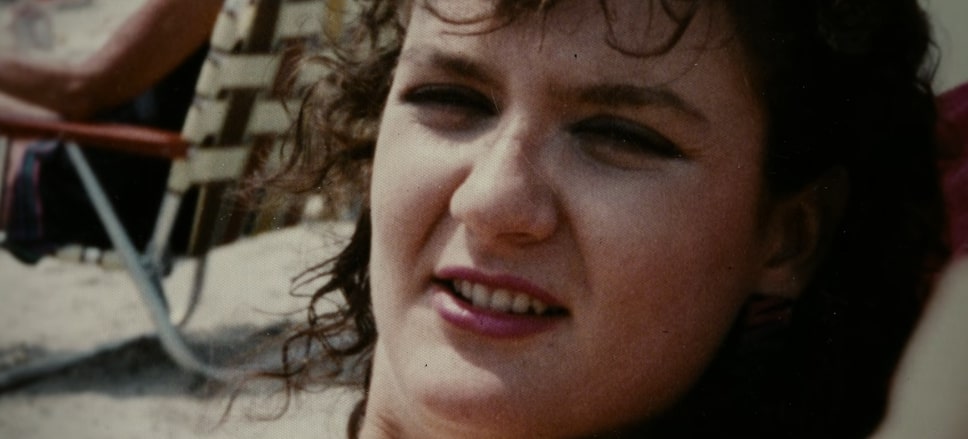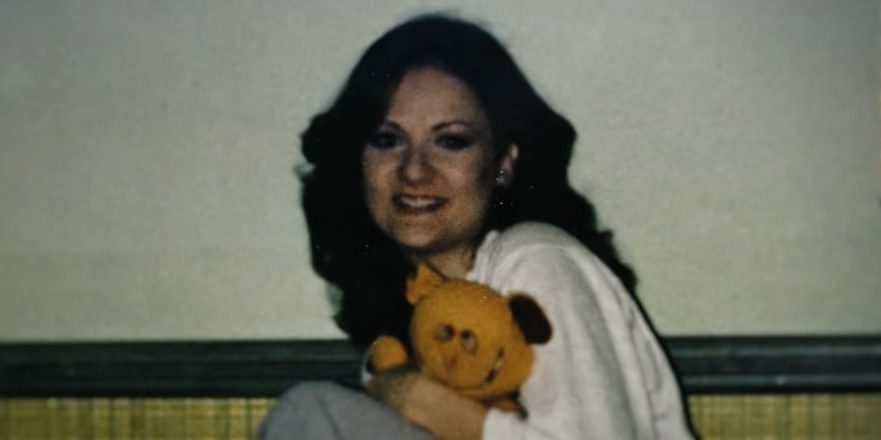In 1982, a wave of panic swept across the country when six people died after ingesting Tylenol capsules that had been tainted with cyanide. The tragedy shocked the public and raised serious concerns about the safety of over-the-counter medications. In the immediate aftermath, Johnson & Johnson, the manufacturer of Tylenol, introduced new tamper-evident packaging. However, the sense of security was shattered once again in 1986 when Diane Elsroth died under similar circumstances after taking cyanide-laced Tylenol capsules. Her death reignited national fear and led to renewed scrutiny of the pharmaceutical industry and federal safety protocols. Netflix’s ‘Cold Case: The Tylenol Murders’ explores the full scope of this chilling case by revisiting the events, victims, aftermath, and long-standing questions that still surround the investigation.
Diane Elsroth Passed Away in the Home of Her Boyfriend’s Parents
Diane Elsroth was a vibrant and cheerful young woman who lived in Peekskill, New York. Known for her warm personality and positive outlook towards life, she brought joy to those around her. She was raised in a loving and supportive household. Her father, John Elsroth, served as a lieutenant in the New York State Police and took great pride in instilling strong values in his daughter. Diane shared a particularly close bond with her mother, Felicia Elsroth, with whom she had a deep and honest relationship. Professionally, she had begun to build her future as a stenographer, and personally, she had found love with Michael Notarnicola. By 1986, Diane was at a beautiful point in her life, filled with hope and promise. With her career on the rise and love in her life, she was eager to embrace what the future held.

On the evening of February 7, 1986, Diane went to the movies with her boyfriend, Michael. After the film, the couple returned to the latter’s parents’ home at 62 Ardell Road in Yonkers, New York. Diane had been recovering from an infection at the time and mentioned that she had developed a headache. In response, Michael handed her an unopened bottle of Extra-Strength Tylenol capsules that his mother, Harriet Notarnicola, had purchased on February 4 from a store in Bronxville, New York. Diane took two capsules from the bottle and soon mentioned that she wasn’t feeling well, deciding to lie down and rest. On February 8, Harriet found Diane unresponsive. Despite efforts to revive her, she was declared dead.
Diane Elsroth’s Killer Has Remained Unidentified to This Day
Initially, the police were unable to determine the exact cause of Diane Elsroth’s sudden death. However, several days later, while her body was being examined at the medical examiner’s office, a distinct almond-like odor was detected, which is a telltale sign often associated with cyanide poisoning. This prompted the authorities to request specific testing for cyanide, and the results confirmed their suspicions: Diane had a lethal dose of potassium cyanide in her system. Her death was officially ruled a homicide. Further investigation revealed that the Tylenol capsules she had consumed were laced with the deadly chemical. The news of Diane’s death sent shockwaves across the country, reigniting widespread panic.

Just a few years earlier, in 1982, six people had died in the Chicago area under nearly identical circumstances after ingesting cyanide-laced Tylenol. Diane’s case reopened the conversation about product safety and whether the public was still at risk. The police thoroughly investigated Michael Notarnicola and his family and ultimately ruled them out as suspects, finding no evidence of foul play on their part. Michael maintained that he hadn’t noticed anything unusual about the Tylenol packaging and said all the protective seals appeared to be intact. On February 13, 1986, authorities removed boxes of Tylenol from the A&P store on Cedar Street in Bronxville, where the contaminated bottle had been purchased.
Shockingly, just two blocks away at the Woolworths on Pondfield Road, five additional Tylenol capsules were discovered to be tainted. Investigators determined that someone had tampered with the capsules by opening them, filling them with poison, and then resealing them. Despite following numerous leads, the police were unable to pinpoint a suspect. Johnson & Johnson, the manufacturer of Tylenol, stated that the contamination occurred outside of their production facilities and labeled the poisonings as random acts. As a precaution, a thorough review of the company’s storage and distribution facilities was conducted, and all remaining Tylenol capsules in circulation were ordered to be destroyed. To this day, no one has been identified or arrested in connection with Diane Elsroth’s murder, and the case remains unsolved.


